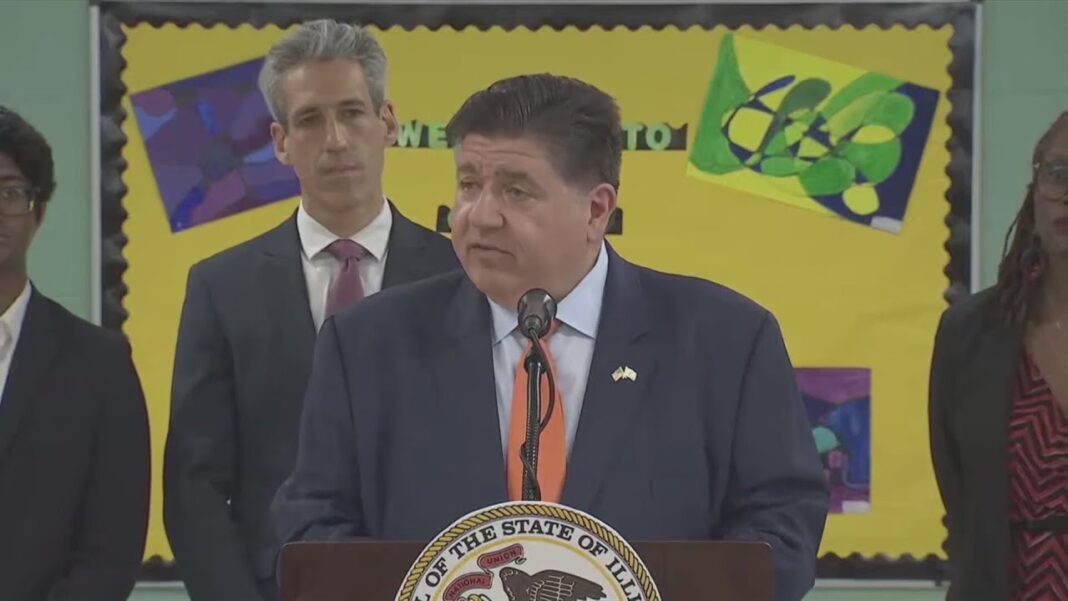Illinois intends to crop-dust its public schools with mental-health diagnoses.
Last week, Illinois governor JB Pritzker signed into law mandatory annual mental-health screenings for all public school children in third through twelfth grades. “Illinois is now the first state in the nation to require mental health screenings in its public schools,” the governor trumpeted on X. “Our schools should be inclusive places where students are not just comfortable asking for help—they’re empowered to do it.”
Empowered to “ask” for help by submitting to mandatory and invasive mental-health surveys, that is. If basic literacy hadn’t already collapsed in Illinois, kids might pose spirited objections to Pritzker’s sales pitch.
In fact, far too many American children and adolescents without debilitating mental disorders have already been funneled into the slippery mental-health pipeline.
I know: I’ve spoken to hundreds of parents of such kids.
In 2024, I published Bad Therapy, an investigation into the surge in adolescent mental-health diagnoses and psychiatric prescription drug use. Many young people without serious mental illness nonetheless spend years languishing with a diagnosis, alternately cursing it and embracing it, believing they have a broken brain, convincing themselves that their struggles are insurmountable because of the disorder’s constraints. They meet regularly with a therapist or school counselor on whom they become increasingly reliant, losing a sense of efficacy, unable to navigate on their own even minor setbacks and interpersonal conflicts. They begin courses of antidepressants that carry all kinds of side effects—suppressed libido, fatigue, the muffling of all emotion, and even an increase in depression. Antianxiety drugs and the stimulants given to kids diagnosed with ADHD are both addictive and ubiquitously abused.
Often that tragic descent begins with a simple mental health survey.
By chance, while I was writing the book, my middle school–age son returned home from sleepaway camp with a persistent stomachache. I took him to urgent care, where a nurse asked me to leave the room so he could administer a mental health screening tool put out by our National Institute of Mental Health. That turned out to be NIMH explicit protocol: ask parents to leave so that you can administer the following questions to kids who have not shown any signs of mental distress, aged eight and up.
I requested a copy of the survey and photographed it. Here, verbatim, are the five questions the nurse intended to put to my son in private:
1. In the past few weeks, have you wished you were dead?
2. In the past few weeks, have you felt that you or your family would be better off if you were dead?
3. In the past week, have you been having thoughts about killing yourself?
4. Have you ever tried to kill yourself? If yes, how? When?
5. Are you thinking of killing yourself right now? If yes, please describe.








